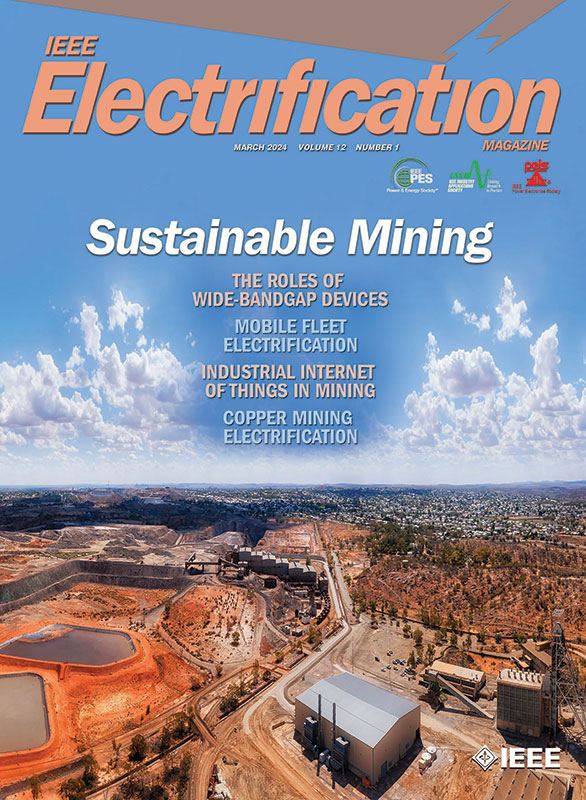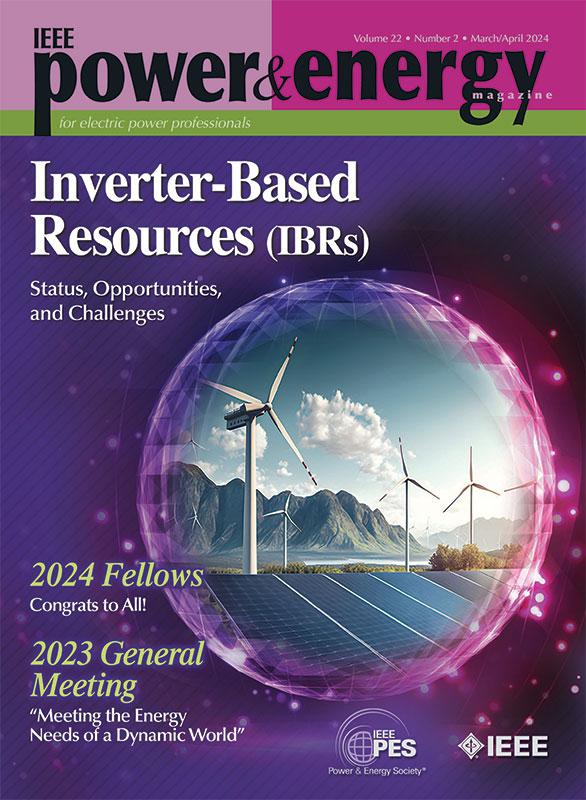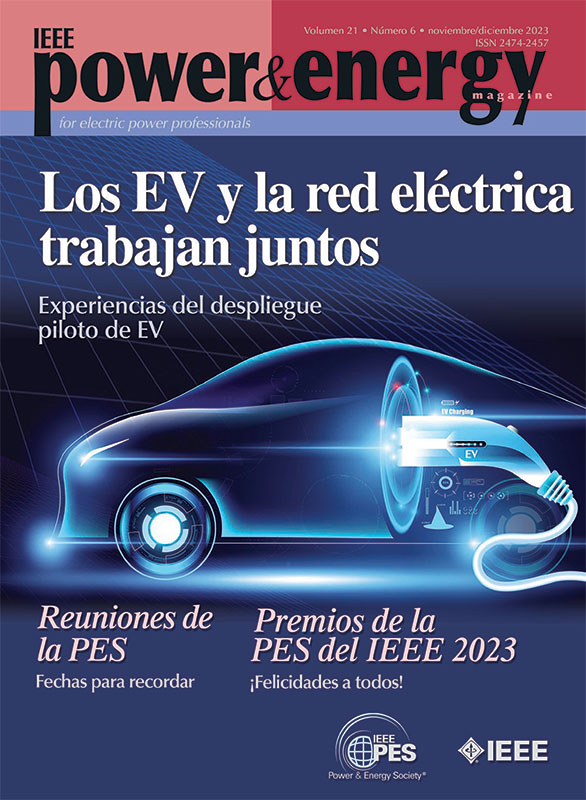About PES
Leadership
Committees & Communities
Outreach

IEEE PES Awards & Scholarships
Every year we are proud to recognize leading engineers with distinct awards and honors and to offer scholarships to cultivate the next generation of power and energy professionals.
About Membership
Membership Programs
Chapters
Member Support Tools

Become A PES Member
You’re invited to join the leading global network of +42k power and energy students and professionals.
Technical Activities
Standards
Technical Reports
Trending Technologies
Latest Posts:

Upcoming Committee Meetings
Visit our calendar for information on upcoming technical committee meetings.
About Conferences & Meetings
Papers, Participation & Proposals

Conference Sponsorship Opportunities
With over 30 PES global conferences annually, we offer many sponsorship opportunities.
About Publications
Magazines
Journals & Transactions
Education Overview & Resources
About PES University

Visit the Resource Center
The largest digital library dedicated to the power and energy industry, find the resource you’ve been looking for!
New! Interactive Online Courses
A new series of interactive continuing education courses for those non-engineers and adjacent professionals working in the power industry.




